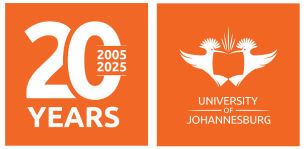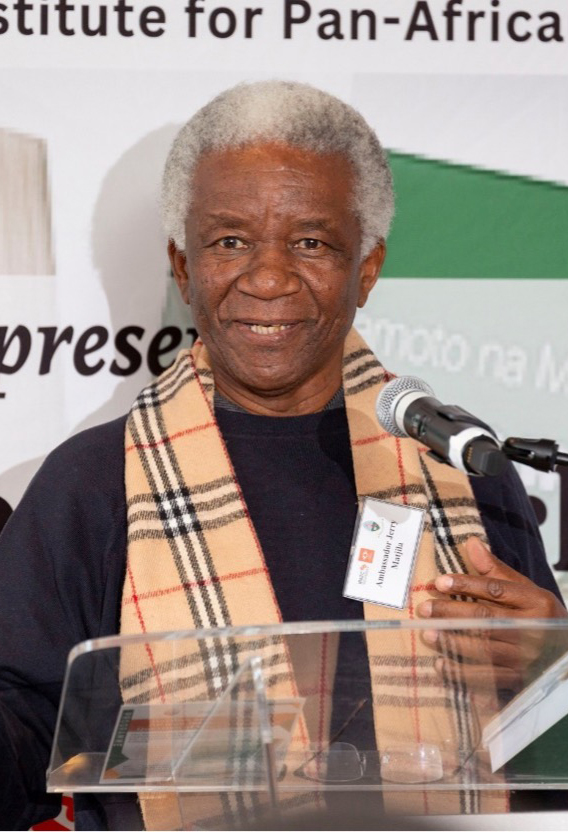Africa/European Union (EU) Relations in the Era of COVID-19
Place of Publication: Johannesburg, South Africa
Date of Publication: June 2021
Since the outbreak of COVID-19 in December 2019, all aspects of human life have been fundamentally affected. Although the pandemic is essentially a public health issue, political and economic relations between states and other actors have also been altered, as global supply chains and markets have been forced to adjust to conditions brought about by the virus, as well as measures taken to combat its spread.
Restrictions on movement and travel have been implemented by governments globally. Geo-political arrangements are being transformed, and Africa/European Union (EU) relations are no exception. Africa’s role in the global arena –as the continent with the youngest population, with 60 per cent of people under the age of 25 – is also undergoing dramatic changes at a time when a quarter of Africa’s global migrants – 10.6 million out of 39.4 million – live in the EU.
The COVID-19 crisis thus provides a new context for rethinking the future of Africa/EU relations. To explore areas of convergence between Africa and the EU in order to provide concrete ideas for policy development, the University of Johannesburg’s (UJ) Institute for Pan-African Thought and Conversation (IPATC) in South Africa held a one-day policy dialogue on “Africa/EU Relations in the Era of COVID-19” in Johannesburg on 13 November 2020. The meeting was part of IPATC’s German government-funded project on “Implementation of the United Nations (UN) Global Compact: Conflict, Governance, and Migration in Africa/EU Relations”, which aims to consolidate the Community of Practice (CoP) it established in 2019 involving about 100 African, EU, UN, and International Organization for Migration (IOM) policymakers, diplomats, experts, and civil society actors. About 25 participants attended the Johannesburg policy dialogue.
This report is based on key discussions and policy recommendations that emerged from the meeting, as well as additional research.
Download PDF for further information:


























































 Ms Zoliswa Ntsoko (South Africa) is the Institute’s Administrative Assistant who assists with general administration and research. She is a seasoned professional with a background in Disaster Management. She holds an Advanced Diploma in Management from Milpark Business School, and a Post Graduate Diploma in Public Management from Regenesys Business School. She also holds certificates in Project Management, and in Disaster Management. Previously, she has worked as a Disaster Management Specialist at the City of Johannesburg – Disaster Management Centre.
Ms Zoliswa Ntsoko (South Africa) is the Institute’s Administrative Assistant who assists with general administration and research. She is a seasoned professional with a background in Disaster Management. She holds an Advanced Diploma in Management from Milpark Business School, and a Post Graduate Diploma in Public Management from Regenesys Business School. She also holds certificates in Project Management, and in Disaster Management. Previously, she has worked as a Disaster Management Specialist at the City of Johannesburg – Disaster Management Centre. Ms Cecilia Lwiindi Nedziwe-Moyo is the Research Coordinator at the Institute for Pan-African Thought and Conversation. She previously served as a Regional Coordinator at the Centre for Peace Initiatives in Africa (CPIA) in Zimbabwe between 2007 and 2013. She completed her master’s degree in International Studies, Peace, and Conflict Resolution at the University of Queensland in Australia as a Rotary Peace Scholar. She has just completed her doctoral studies at Rhodes University. Her areas of interest include: gender, foreign policy, regional organisations and conflict resolution.
Ms Cecilia Lwiindi Nedziwe-Moyo is the Research Coordinator at the Institute for Pan-African Thought and Conversation. She previously served as a Regional Coordinator at the Centre for Peace Initiatives in Africa (CPIA) in Zimbabwe between 2007 and 2013. She completed her master’s degree in International Studies, Peace, and Conflict Resolution at the University of Queensland in Australia as a Rotary Peace Scholar. She has just completed her doctoral studies at Rhodes University. Her areas of interest include: gender, foreign policy, regional organisations and conflict resolution.



 Ms Thembeka Somtseu is a seasoned professional with a background in the textile and construction sectors. She holds a National Diploma in Business Administration from the Durban University of Technology, and studied Development Communication and Media Studies at the University of the Witwatersrand. She worked as a corporate communications specialist for more than ten years, serving in both local and multinational companies.
Ms Thembeka Somtseu is a seasoned professional with a background in the textile and construction sectors. She holds a National Diploma in Business Administration from the Durban University of Technology, and studied Development Communication and Media Studies at the University of the Witwatersrand. She worked as a corporate communications specialist for more than ten years, serving in both local and multinational companies.